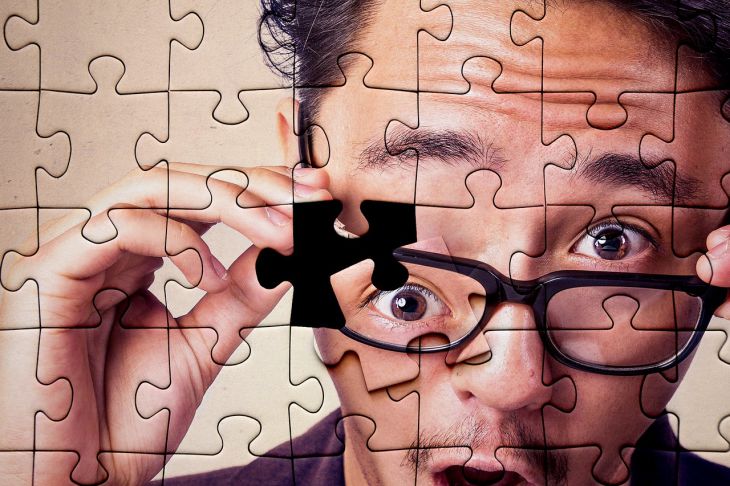Should You Trust Your Intuition? A Psychologist's Opinion
There are many mysterious and inexplicable things in a person's life. One of these phenomena is intuition - a premonition of something, an unusual feeling of foresight. What is it and is it worth believing intuition, said clinical psychologist and business psychologist Stanislav Sambursky.
Our distant ancestors treated intuition as a gift from above, which was sent only to the chosen ones. But today it is known that everyone has this sixth sense. Sometimes it is this that tells how to act in critical moments, when a person does not have full information to make a decision and cannot build a logical chain.
The sixth sense is based on experience
The intuition that a person possesses can only partly be called an innate property. It is based on experience.
A person's emotional memory stores everything that they encounter throughout their life. The subconscious creates a database that sends signals in specific situations.
Intuition manifests itself in many ways. It can be a bad feeling, goosebumps, a regular headache.

Intuitive decisions are mostly made spontaneously and quickly, bypassing the stage of analyzing the options for solving the problem. At such moments, the mind may suggest another way out of the situation, but intuition “I feel it in my gut” wins.
Of course, a rational assessment of all circumstances is always a priority, it is human nature to analyze one's actions and their consequences. But when there is not enough information and no time to think, an emotional perception of the situation is the only way out.
Psychological assessment
The attitude towards intuition is ambiguous, but many psychologists believe that the sixth sense is not a fiction.
The famous Russian psychologist Ukhtomsky claimed that intuition is a cognitive apparatus that includes conscience, sensitivity and insight. The neurologist Assagioli coined the term "superconscious", which dominates the unconscious and is the birthplace of premonitions. The founder of analytical psychology, Jung, was sure that intuition provides us with additional information that the five other human senses do not have.
Reason or intuition?
Reason plays a vital role. A person is endowed with it for the ability to analyze and act correctly. But who should be trusted more - the head or intuition?
Let's imagine a critical moment, which is aggravated by the lack of necessary information. The available information cannot be analyzed, and therefore it is impossible to make the right decision. This is the case when it is worth trusting your intuition. Sometimes, in pursuit of benefits, a person ignores his own feelings, which leads him to a sad outcome. At the same time, with a lack of life experience, it is better to trust reason.
It is better to carefully work through the available information, analyze the actions of people with experience, and only then draw your own conclusions.
Life harmony does not imply opposition of intuition to reason. These are two different halves that complement each other. Human intuition is based on many years of experience, it is not a supernatural phenomenon. Therefore, the attitude towards it should be the same as towards the other five senses, - advises clinical psychologist Stanislav Sambursky.
